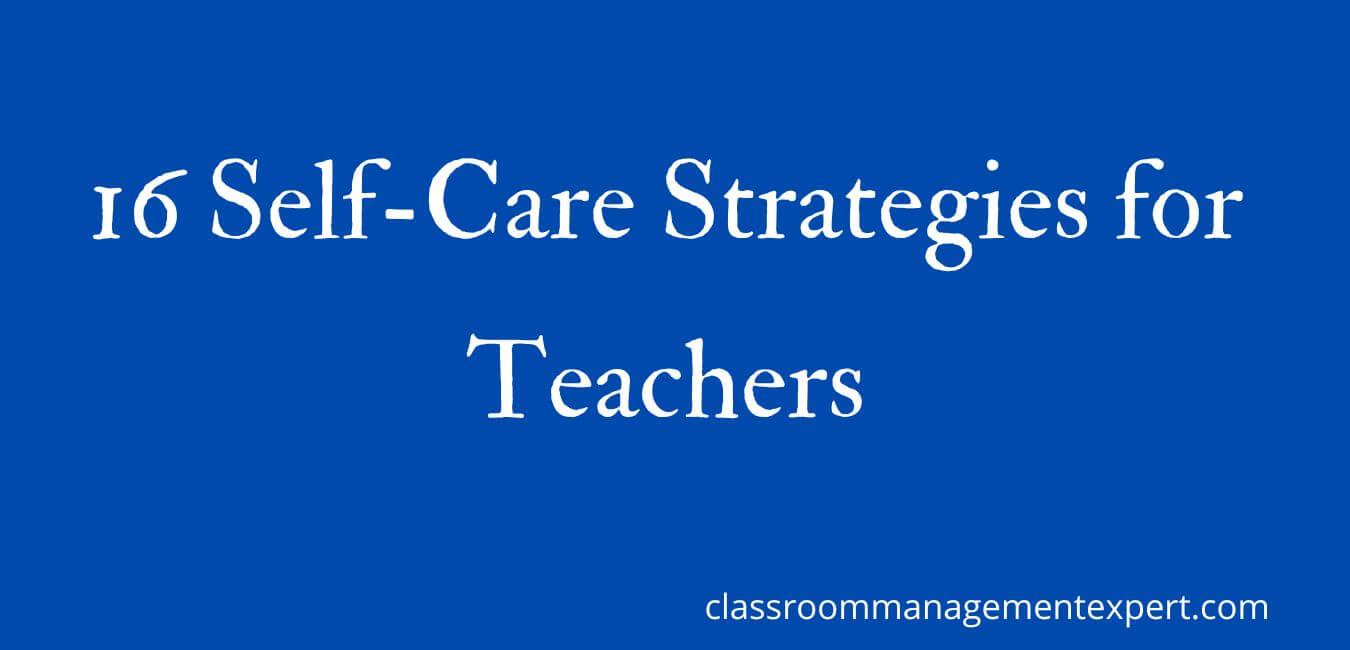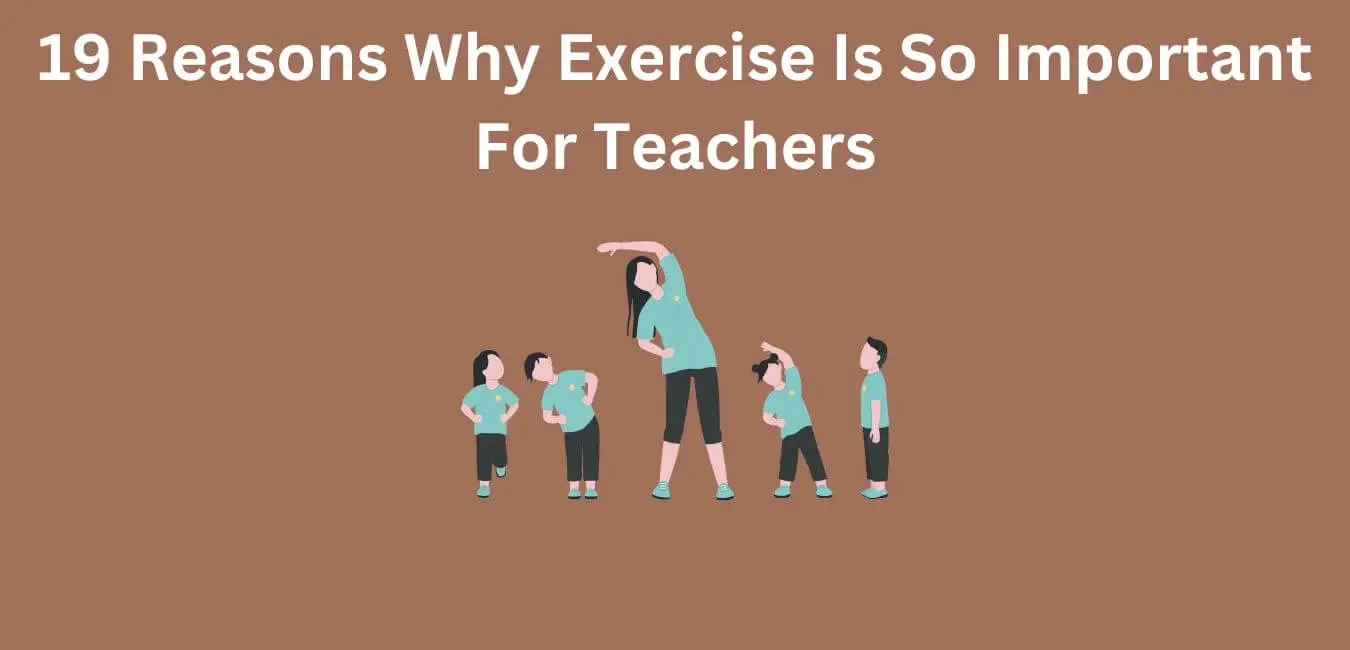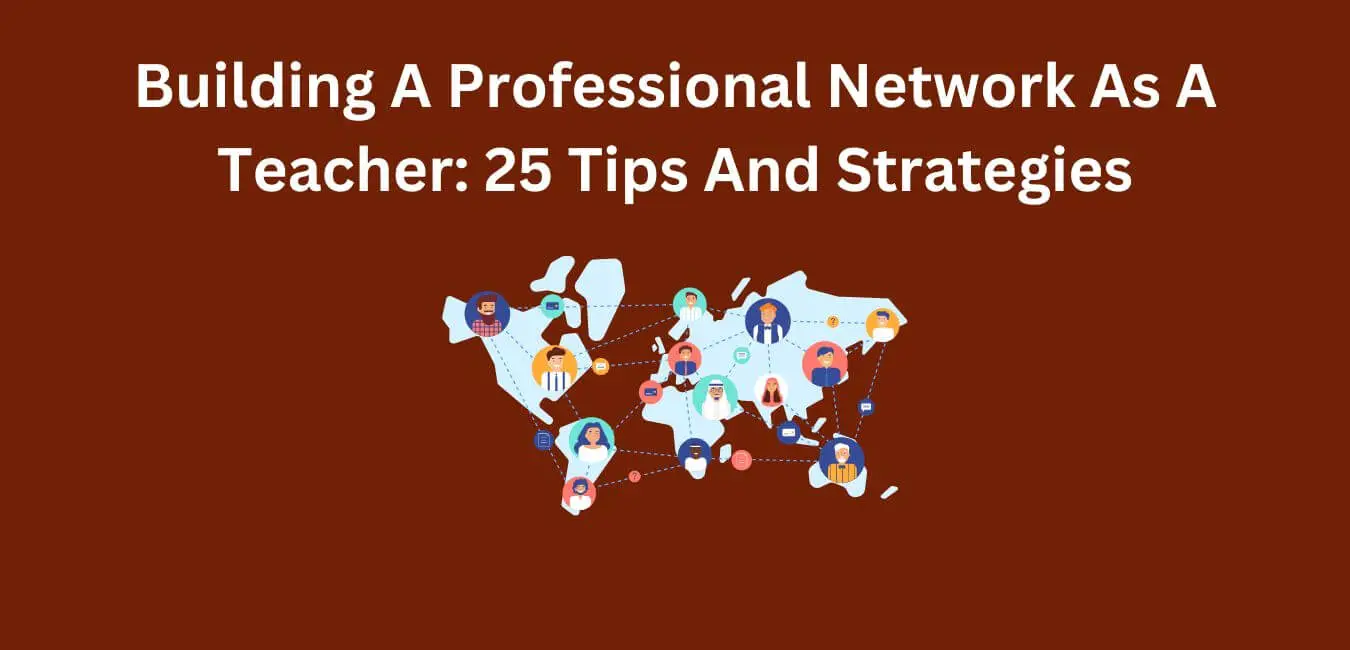There is no easy answer to the question of whether or not someone with anxiety should become a teacher. Anxiety can make it difficult to focus and be present in the moment, both of which are necessary qualities for a successful teacher.
On the one hand, teaching can be a very stressful profession, and those with anxiety may find it difficult to cope with the constant pressure. On the other hand, teaching can also be a very rewarding profession, and those with anxiety may find that they are able to use their condition to help others.
If you feel like your anxiety is impacting your ability to teach, it’s best to seek help from a mental health professional. Ultimately, the decision of whether or not to become a teacher should be made based on the individual’s own circumstances and goals.
But how do you become a successful teacher if you have anxiety? And how do you turn your anxiety into a helpful and beneficial one? Keep reading to find answers to these questions and many more.
What is anxiety?
Anxiety is a feeling of worry, nervousness, or unease. An anxiety disorder is a mental health condition that involves chronic and excessive worry that is difficult to control. People with anxiety disorders may experience physical symptoms such as trembling, rapid heart rate, sweating, and difficulty breathing. Teachers may be anxious about their ability to properly manage the demands of teaching kids.
Furthermore, many teachers suffer from anxiety and stress while teaching. This can arise from a number of factors, such as the fear of not being able to adequately teach their students or the worry of being judged by colleagues or superiors.
For some teachers, the anxiety is so severe that it inhibits their ability to effectively do their job. If you are a teacher who suffers from anxiety, there are a few things that you can do to help ease your symptoms.
First, try to be aware of your triggers and avoid them if possible. Second, practice relaxation techniques such as deep breathing or meditation. And finally, seek professional help if your anxiety is severely impacting your ability to teach.
Why do some people think you should not become a teacher if you have anxiety?
When it comes to teaching, there are a lot of different variables that can affect how successful someone is. One important factor is whether or not the person has anxiety. Some people believe that if you have anxiety, you should not become a teacher. There are a few reasons why this might be the case. Here are six of them:
1. There is a misconception that people with anxiety cannot handle stress. This is not true. While it is true that teaching can be a very stressful job, people with anxiety can still be successful teachers. The key is to find healthy coping mechanisms to deal with the stress of the job. This might include things like exercise, relaxation techniques, and talking to a therapist.
2. They think that if you have anxiety, you will not be able to control a classroom of students.
3. They think that anxiety will make it difficult for you to communicate well with parents and other teachers.
4. They think that if you have anxiety, you will not be able to deal with the challenges of the job.
5. They think that having anxiety will make it difficult for them to enjoy teaching and working with students.
6. People with anxiety often have trouble staying grounded. This means that they might feel like they’re constantly on edge, and they may have difficulty relaxing or enjoying themselves.
What is it like to be a teacher with an anxiety disorder?
Anxiety is a common mental health disorder that can be debilitating and extremely hard to manage, but for teachers with anxiety disorders, going to work each day can feel like an impossible task. Here’s what it’s like to be a teacher with an anxiety disorder:
It’s a lot like having any other anxiety disorder, except that you’re constantly surrounded by groups of people. It can be very difficult to cope with, and it’s easy to let these issues take over your life if you’re not careful.
Being a teacher with an anxiety disorder can be extremely challenging. You have to be constantly on the lookout for signs of anxiety or depression in your students, while also dealing with your own issues. It can be tough to stay calm and collected in the classroom when you’re feeling anxious or nervous, and social anxiety can make it hard to interact with groups of people.
For teachers with anxiety disorders, managing their symptoms while also trying to teach effectively can be a daunting task. But despite the challenges, many teachers with anxiety disorders find ways to succeed in the classroom.
It’s important to remember that you’re not alone. There are plenty of other teachers out there who are dealing with the same issues. And there are lots of ways to cope with anxiety and depression. Just take things one day at a time, and don’t be afraid to ask for help when you need it.
11 Tips for Surviving as a Teacher with Anxiety
It’s no secret that teaching can be a stressful profession. In fact, according to a recent study, nearly one in five teachers suffers from anxiety. If you’re a school teacher who struggles with anxiety, you’re not alone. Here are 11 tips for surviving as a teacher with anxiety:
1. Seek one-on-one support from a trusted colleague.
One-on-one support from a trusted colleague can be valuable. Seek out someone who you can confide in and who will offer honest feedback and advice. This person can help you navigate difficult situations and offer a fresh perspective on the challenges you’re facing.
2. Avoid comparing yourself to other teachers.
In order to be a successful teacher with anxiety, you must avoid comparing yourself to other teachers. This can be difficult, as it is easy to feel like you are not measuring up when you see other teachers who seem to be doing so well.
However, it is important to remember that everyone has their own unique strengths and weaknesses. Just because someone else may be a better teacher in some ways does not mean that you are a bad teacher. Focus on your own strengths and use them to your advantage.
3. Be mindful of your self-care routine.
This means making sure to get enough sleep, exercise regularly, and eat a healthy diet. You should also avoid alcohol and drugs, as they can worsen anxiety symptoms.
Additionally, it is important to find healthy coping mechanisms for dealing with stress, such as relaxation techniques or journaling. By taking care of yourself, you will be better able to manage your anxiety and maintain a successful teaching career.
4. Make time for relaxation and recreation outside of school.
This will help you to reduce your stress levels and enable you to better focus on your teaching duties. Additionally, it is important to keep a positive outlook and to be patient with yourself, as anxiety can be a difficult condition to manage.
5. Stick to a daily schedule as much as possible.
In order to be a successful teacher, it is important to stick to a daily schedule as much as possible. This will help ensure that all of the necessary material is covered in a timely manner, and it will also help keep students on track. Of course, there will always be days when things do not go according to plan, but sticking to a schedule as much as possible will make things run much more smoothly overall.
6. Be organized and prepared for each class period.
In order to be a successful teacher with anxiety, you must be organized and prepared for each class period. This means that you will need to have a set lesson plan for each day, and you should also be familiar with the material that you will be teaching.
Additionally, it is important to create a positive and supportive classroom environment, where your students feel comfortable asking questions and participating in class. Finally, if you feel like your anxiety is starting to interfere with your ability to teach, it is important to seek professional help.
7. Don’t hesitate to ask for help when you need it.
In order to be a successful teacher, it is important to not hesitate to ask for help when needed. Asking for help can show that you are willing to learn and improve, which can be beneficial for both you and your students.
Additionally, seeking help can also demonstrate that you are comfortable with admitting when you need assistance, which can create a more positive and collaborative learning environment for everyone involved.
8. Give yourself grace when things don’t go as planned.
When it comes to teaching with anxiety, give yourself grace when things don’t go as planned. Having anxiety can sometimes make it difficult to maintain a sense of control and organization, but it’s important to remember that you’re doing your best. Try to focus on the positive aspects of your teaching, and don’t be too hard on yourself when things don’t go according to plan.
9. Keep your sense of humor intact.
In order to be a successful teacher with anxiety, you must keep your sense of humor intact. This will help you deal with the stress of your job and keep your anxiety under control. Additionally, it is important to be well-organized and have a good support system in place.
10. Seek professional help if your anxiety is interfering with your teaching or your life outside of school.
If your anxiety is interfering with your teaching or your life outside of school, seek professional help. A therapist can help you understand and manage your anxiety so that it doesn’t keep you from living the life you want to live.
11. Remember that you are not alone in this – there is a community of support available to you.
If you’re feeling isolated or unsupported, remember that you are not alone. There is a whole community of people who are ready and willing to support you. Seek out groups and individuals who can offer you the help and guidance you need. You don’t have to go through this journey alone, let others help you along the way.
Conclusion
If you are considering becoming a teacher, but suffer from anxiety, it is important to weigh the pros and cons of the profession. For some people, being around children all day can be mentally and physically draining.
On the one hand, teaching can be a very rewarding career, helping to shape the minds of future generations. However, it can also be a high-stress job, with long hours and constant demands. If your anxiety is severe, it may be difficult to cope with the challenges of teaching.
However, if you have milder anxiety and feel that you would be able to manage it with some self-care and stress-management strategies, then teaching may be a good career choice for you.
If you do decide to become a teacher, it’s important to take some time to think about what might cause anxiety for you and whether or not you feel like you could manage it and it’s important to try to avoid situations that cause anxiety.
Remember that deep breath and taking a break when you need it are always an option to control your anxiety, and just because you have anxiety doesn’t mean you can’t be an amazing teacher. Thanks for reading!














